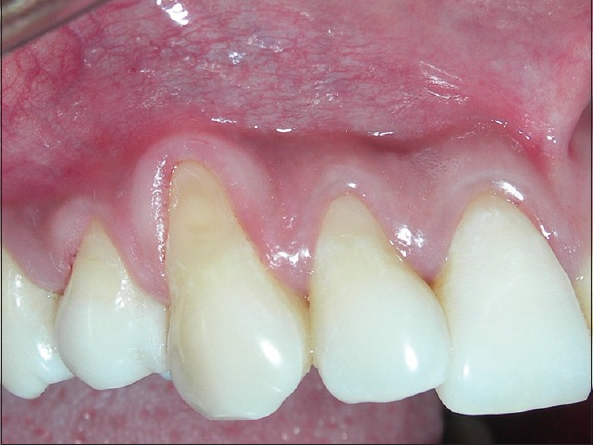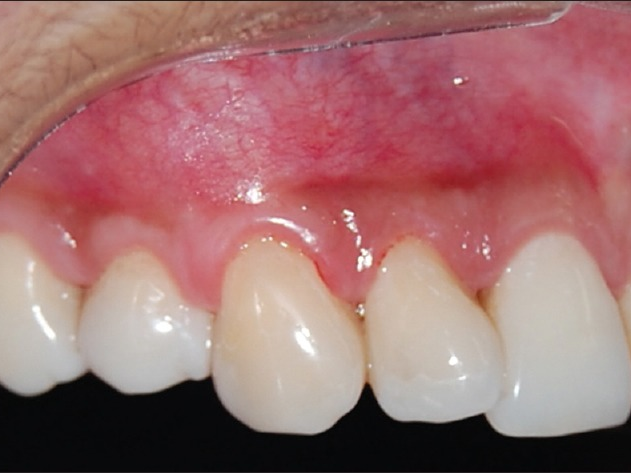Are you considering pinhole gum surgery to improve the appearance of your gums? If so, you’re in the right place! In this article, we will discuss everything you need to know about pinhole gum surgery. We’ll cover what it is, how it works, and what to expect from the procedure. We’ll also discuss why pinhole surgery is used and when it is appropriate. So whether you’re just starting to research pinhole gum surgery or you’re ready to book your appointment, this article has everything you need!
What is Pinhole Gum Surgery?


The goal of pinhole gum surgery is to improve the appearance of your gums by correcting gum recession (the movement of your gums away from your teeth, exposing the tooth root). Gum recession can occur for a variety of reasons, including:
- Periodontal disease
- Trauma to the gums
- Brushing too hard
- Genetically thinner gums
Pinhole gum surgery can be used to treat one tooth or multiple teeth. The number of teeth that can be treated in a single session depends on the severity of the gum recession and the amount of tissue that needs to be repositioned.
How Does Pinhole Gum Surgery Work?
Pinhole gum surgery is considered a minimally invasive alternative to traditional gum grafting surgery. That means that the procedure involves less cutting and stitching than traditional gum grafting, and is often less painful.
With traditional gum grafting surgery, a strip of skin or tissue is taken from another part of the mouth and used to cover the exposed root. This is a more invasive procedure with a longer recovery time and more post-operative pain.
With pinhole gum surgery, there is no need to take skin or tissue from another area of the mouth. Instead, a small pinhole is made in the gum tissue. A special instrument is then used to loosen and reposition the gum tissue. This is done carefully so that the tissue can be moved into its correct position.
When Should I Get Pinhole Gum Surgery?
Pinhole gum surgery can be used to treat a variety of different cases of gum recession. However, it is not right for everyone. You should talk to your dentist or periodontist to see if pinhole gum surgery is right for you.
Because this surgery is relatively new, there are a lot of unknown factors. In general, current research suggests that the broad use of gum recession surgeries does not have clear benefits to one’s overall health. That does not mean that there aren’t cases where pinhole surgery is useful, specifically for aesthetic purposes. Typically, gum recession surgeries can be used if:
- A patient is complaining about how their gums look
- A patient is complaining about the roots of their teeth being sensitive
- A patient has active cases of gum recession
- A patient is about to undergo orthodontic or restorative treatment on a tooth that is susceptive to gum recession
Additionally, just because you have undergone pinhole surgery, does not mean you are in the clear and will not experience gum recession in the future. It is equally as important to fix the root of the problem to prevent gum recession from happening again. This can include:
- Periodontal disease
- Gingivitis
- Poor oral hygiene
- Lack of Dental Care
What Should I Expect From Pinhole Gum Surgery?
Before the surgery, your dentist or periodontist will numb the area with local anesthesia. Once you are numb, your dentist will make a small pinhole in the gum tissue. A special instrument is then used to loosen and reposition the gum tissue. Afterwards, a collagen membrane is placed into the pinhole. This helps the gums to heal in their new position.
The whole procedure usually takes less than an hour. After the surgery, your dentist will give you specific instructions on how to care for your teeth and gums. You can expect some swelling and discomfort after the surgery, but this can usually be controlled with over-the-counter pain medication. Within a few days, you should be able to return to your normal activities.
It is important to note that pinhole gum surgery is a new procedure and there is limited research on its long-term effects. However, it is generally considered to be a safe and effective procedure for treating gum recession.
If you are considering pinhole gum surgery, be sure to talk to your dentist or periodontist to see if it is right for you.
Disclaimer
The contents of this website, such as text, graphics, images, and other material are for informational purposes only and are not intended to be substituted for professional medical advice, diagnosis, or treatment. Nothing on this website constitutes the practice of medicine, law or any other regulated profession.
No two mouths are the same, and each oral situation is unique. As such, it isn’t possible to give comprehensive advice or diagnose oral conditions based on articles alone. The best way to ensure you’re getting the best dental care possible is to visit a dentist in person for an examination and consultation.
SAVE TIME AND MONEY AT ANY DENTIST

Less dental work is healthier for you. Learn what you can do to minimize the cost of dental procedures and avoid the dentist altogether!

